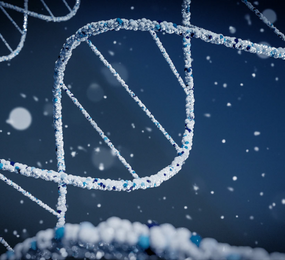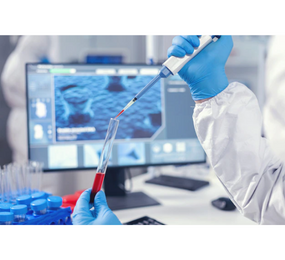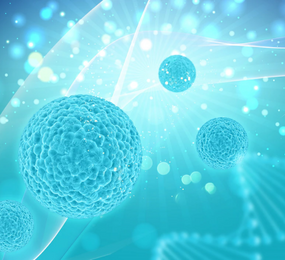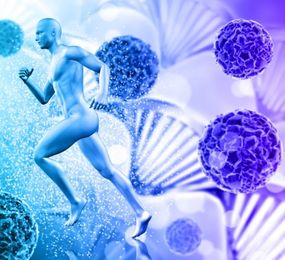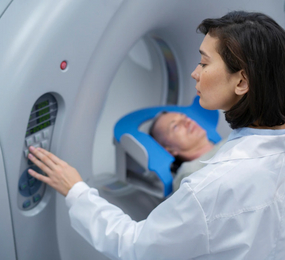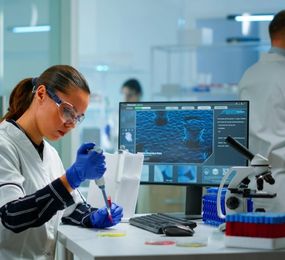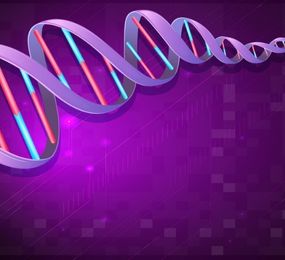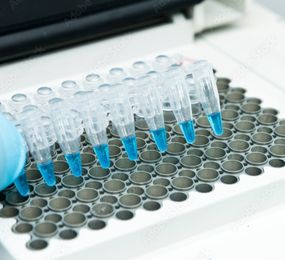Biosensors, tiny devices capable of detecting and measuring biological molecules, are transforming the field of diagnostics. Biomanufacturing plays a crucial role in producing these innovative tools, enabling rapid and accurate disease detection.
The Power of Biosensors:
Biosensors leverage biological components, such as enzymes, antibodies, or nucleic acids, to interact with specific target molecules. This interaction generates a measurable signal, providing a diagnostic readout.
Applications of Biosensors:
- Point-of-Care Testing: Biosensors enable rapid and convenient testing at the point of care, allowing for immediate diagnosis and treatment decisions.
- Disease Screening: Biosensors can be used for early detection of diseases, improving treatment outcomes and reducing healthcare costs.
- Personalized Medicine: By monitoring biomarkers in real-time, biosensors can support personalized medicine approaches, tailoring treatments to individual patients.
Biomanufacturing for Biosensors:
Biomanufacturing is essential for producing the biological components used in biosensors. Key aspects include:
- Protein Production: Biomanufacturing techniques are used to produce enzymes, antibodies, and other proteins for biosensor development.
- Biomaterial Engineering: Creating biocompatible materials for biosensor platforms is crucial for their performance and integration with biological components.
- Sensor Fabrication: Biomanufacturing processes are used to assemble biosensors, incorporating the biological components with electronic or optical detection systems.
Challenges and Advancements:
- Sensitivity and Specificity: Ensuring biosensors are highly sensitive and specific to target molecules is a critical challenge.
- Stability: Maintaining the stability and performance of biosensors over time is essential for reliable diagnostics.
- Miniaturization: Developing miniaturized biosensors for point-of-care applications requires advanced fabrication techniques.
The Future of Biosensors:
Advancements in biomanufacturing and nanotechnology are driving the development of innovative biosensors:
- Wearable Biosensors: Integrating biosensors into wearable devices for continuous health monitoring.
- Lab-on-a-Chip: Developing miniature diagnostic devices that can perform multiple tests on a single platform.
- Smartphone-Based Biosensors: Integrating biosensors with smartphones for rapid self-testing and remote monitoring.
Conclusion:
Biomanufacturing plays a vital role in producing biosensors, revolutionizing diagnostics and enabling personalized medicine. As technology advances, we can expect to see even more innovative and powerful biosensors that improve healthcare outcomes and enhance our understanding of human health.
To register or learn more about the Forum please check here: https://bit.ly/3WRMLFS.
For more information and group participation, contact us: [email protected]


